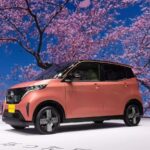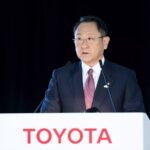Challenges in Expanding Tesla’s Presence in Japan
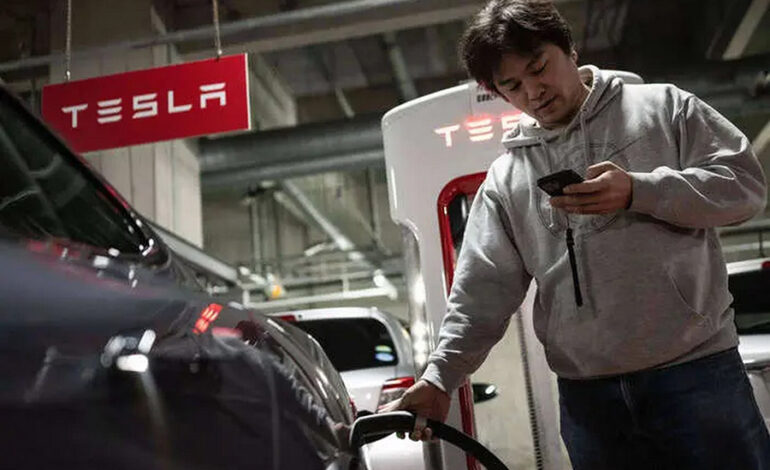
Elon Musk has set his sights on bolstering Tesla’s sales in Japan, envisioning the country as a key market for the electric vehicle (EV) manufacturer. However, penetrating the Japanese market poses significant challenges for Tesla, despite its status as a trailblazer in the automotive industry. While Japan boasts one of the world’s largest auto markets, its embrace of EVs has been sluggish compared to other regions, complicating Musk’s ambitions for market expansion.
The Hybrid Dominance Dilemma
One major hurdle for Tesla and other EV manufacturers in Japan is the entrenched dominance of hybrid vehicles. Unlike the United States and Europe, where EV sales have surged in recent years, Japanese consumers have favored hybrids for their affordability and reliability. In fact, hybrid car sales surpassed those of gasoline and diesel vehicles combined for the first time in 2023. The widespread popularity of hybrids is attributed to their established infrastructure and perceived dependability, factors that have hindered the broader adoption of all-electric alternatives.
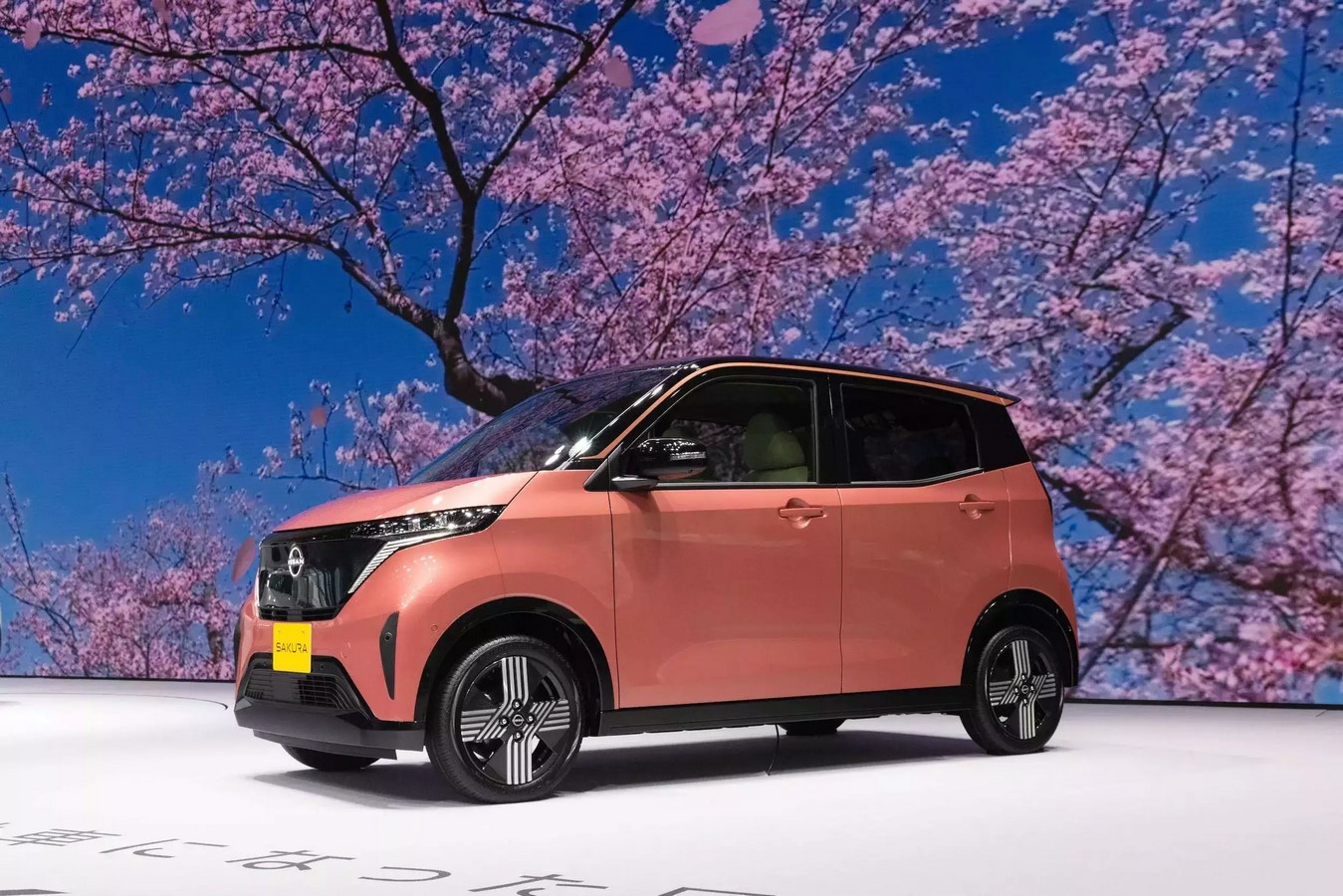
Cultural and Industry Dynamics
Japanese automakers, led by industry giants like Toyota, Honda, and Nissan, have traditionally prioritized hybrid technology over pure electric vehicles. Akio Toyoda, chairman of Toyota and head of Japan’s automotive association, has openly expressed skepticism about the commercial and environmental benefits of EVs, characterizing them as a “mirage.” This sentiment reflects broader hesitancy within the Japanese automotive industry to pivot away from established hybrid models towards EVs. Moreover, the limited development of EV charging infrastructure and higher price points have further deterred widespread consumer adoption of electric cars in Japan.
Future Prospects and Strategies
Despite the challenges, Japanese car manufacturers are gradually ramping up their efforts to embrace EV technology. Toyota has announced plans to introduce 30 battery electric vehicle models by 2030, signaling a strategic shift towards electrification. Similarly, Honda has set ambitious targets for EVs and hydrogen fuel cell cars to constitute 100% of its sales by 2040. These initiatives underscore a growing recognition within the Japanese automotive sector of the need to embrace sustainable transportation solutions.
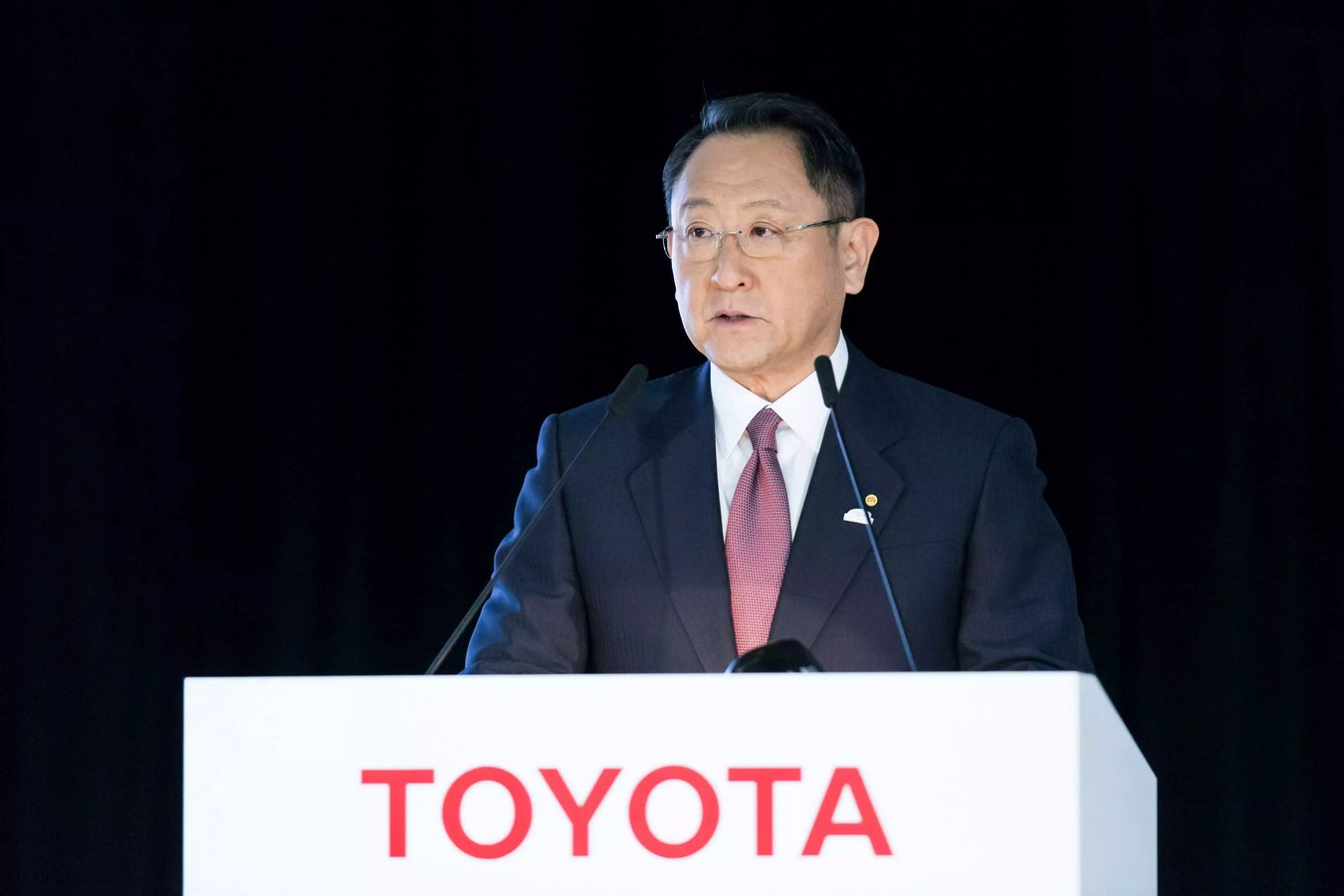
Conclusion
Elon Musk’s aspirations to enhance Tesla’s presence in Japan face formidable obstacles rooted in cultural preferences, industry dynamics, and infrastructure limitations. While the Japanese market holds immense potential for EV growth, breaking into this market requires innovative strategies and collaborative efforts to overcome existing barriers. As Japanese automakers embark on their journey towards electrification, the landscape of the automotive industry in Japan is poised for transformation, presenting both challenges and opportunities for Tesla and its competitors.



